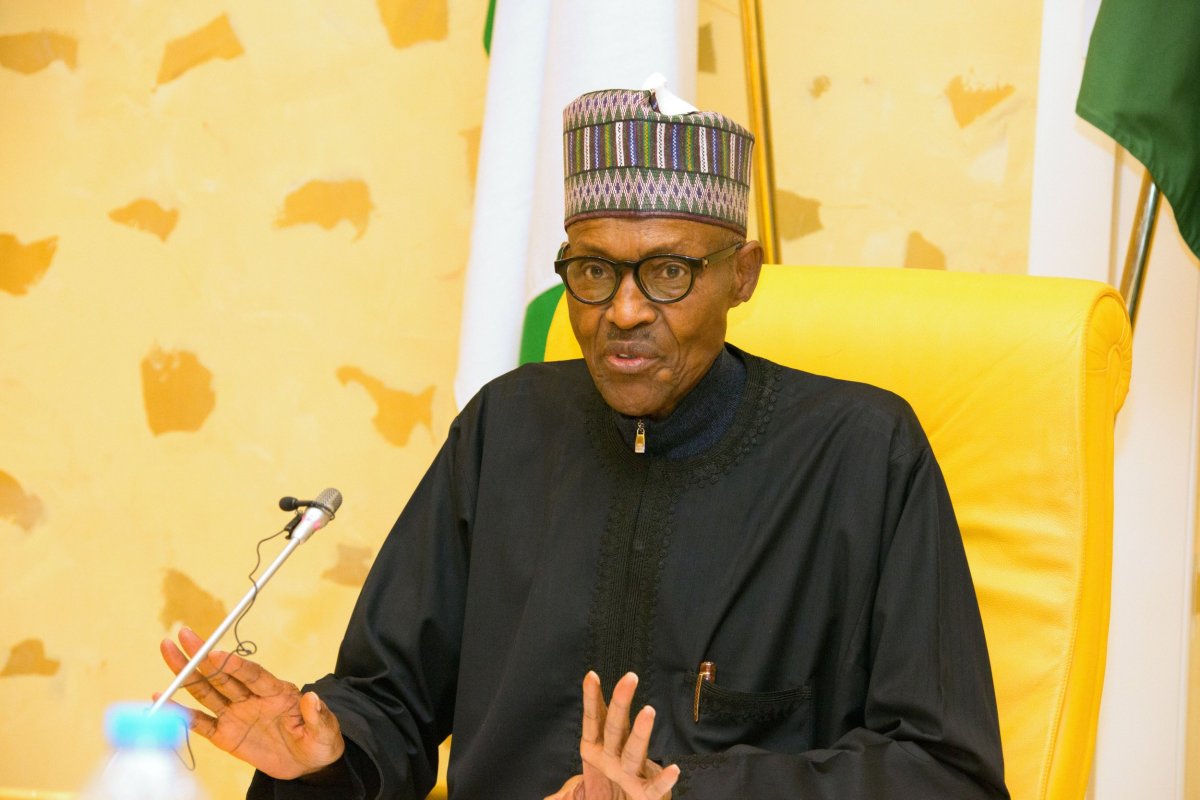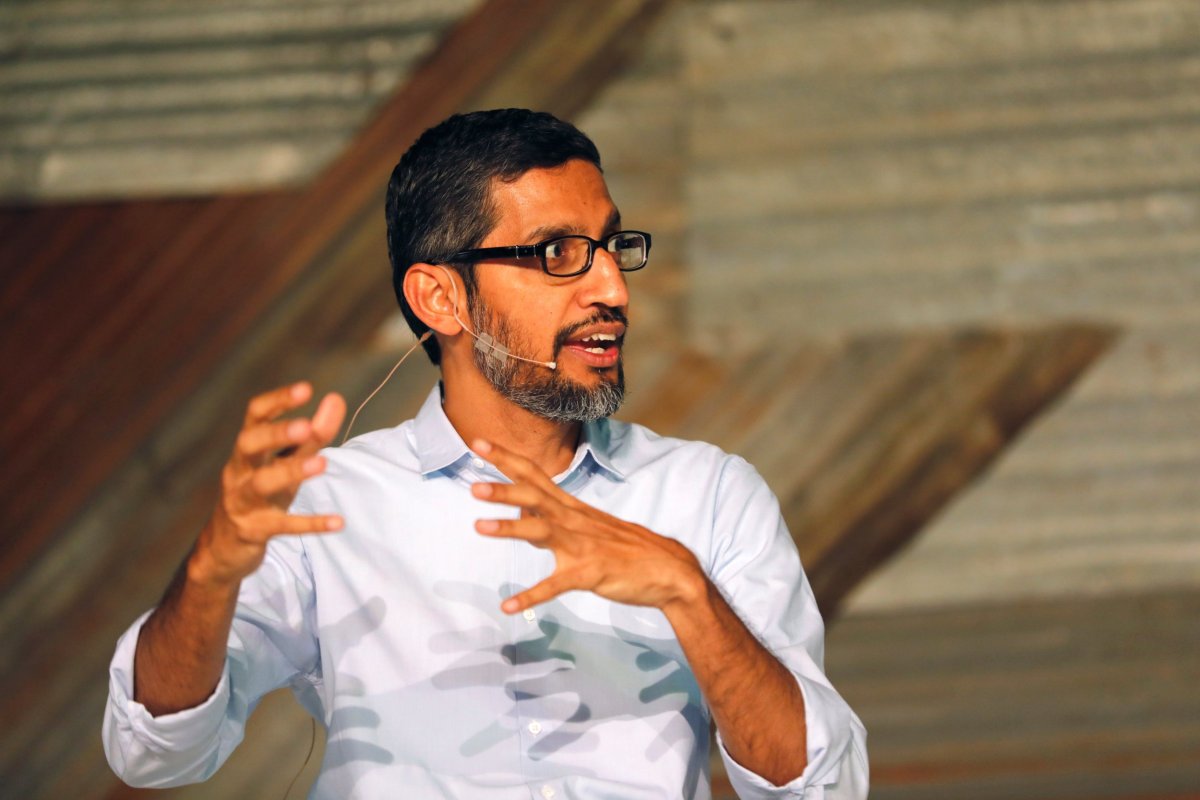
Nigeria is addicted to oil. The oil industry contributes around 70 percent of Nigeria's government revenue and over 90 percent of export earnings. Successive Nigerian governments have sought to diversify the economy, with limited success. But the global embrace of electric cars and the expansion of renewable energy is a signal of the waning power of oil globally.
Electric cars will displace gasoline auto fleets by 2040, the same year that the U.K.'s recently proposed ban on sales of new diesel and unleaded powered cars will go into effect. Other European nations, including France and Norway have announced similar bans, and there is mounting pressure on Germany to follow suit. In the United States, Elon Musk's electric car firm Tesla is creating powerful new batteries that will soon propel the world's second largest auto market to leave fossil fuels behind.
With transportation accounting for 80-90 percent of petroleum consumption, fears of peak oil have been replaced with fears of peak oil demand for the world's oil-rich nations. Nigeria, now in its fifth quarter of recession linked to falling oil prices, can no longer afford to be a one commodity economy. Oil may have been the national breadwinner in the past, but Nigeria's future depends on more investment in its many other lucrative, yet unexploited resources.
Not only does the nation possess Africa's largest gas reserves, but it also has one of the youngest, most digitally-savvy populations in the world. The days of mid-2000s high growth may be slow to return unless Nigeria crafts a post-petroleum future that leverages its other abundant resources: natural gas reserves, a large agricultural sector, and a youthful population.
As Nigeria slowly emerges from the recession, greater use of natural gas can fill Nigeria's energy supply gap, and give a jolt to its sputtering economy. Despite its abundant oil and gas reserves, Nigeria ranks 180 out of 190 countries in electricity provision for business, according to the World Bank. Only half of its citizens have access to electricity, which is intermittent at best, and in the past few years most rely on 70 million imported diesel generators, which negatively impact health and the environment and increase the cost of business operations and locally-manufactured goods.
The generator market is projected to reach $694.8 million by 2022 unless alternative power sources like natural gas and renewable energy become more widely available. At present, Nigeria uses only 15 percent of its gas supply domestically. According to the Center for Global Development, large-scale natural gas investments could cut Nigeria's CO2 output by 18 million metric tons per year —a 63 percent decrease from current levels. Natural gas is up to 40 percent cheaper than diesel for power generation, and has approximately one-tenth as many nitrogen and sulfur oxides, making it far cleaner to use both industrially and residentially.

The importance of diversification is not just limited to energy supply. With oil no longer greasing the wheels of the Nigerian economy, the country must invest more in its largest and underfunded sector: agriculture. During Nigeria's first decade of independence, agricultural exports were the biggest foreign exchange earner. However, since the discovery of oil in the 1970s, agricultural production has declined. Seventy percent of the Nigerian population is employed in the agricultural sector, but most are engaged in subsistence farming. Although Nigeria produces 65 percent of West Africa's tomatoes, it is still the biggest regional importer of tomato paste. Without greater investment for farmers at the base of the agricultural value chain, attempts to diversify through increased agro-processing are unlikely to take off.
Aside from traditional sectors like agriculture, Nigeria's digital economy is also emerging as an important driver of economic growth. With a population projected to surpass the United States by 2050 and the highest level of Internet penetration in Africa, Nigeria is only beginning to scratch the surface of its technological potential. The growth of the digital economy has spurred the development of numerous industries from Nollywood to fintech. Expanding access to finance from investors, multinationals, and governments can help Nigerian youth become their country's greatest asset.

Last month, Google CEO Sundar Pichai became the latest tech executive to visit Nigeria following last year's visit by Facebook's Mark Zuckerberg and Microsoft's Satya Nadella. While Google committed to train over 10 million Africans in digital skills over the next five years, the Chan-Zuckerberg initiative has invested $24 million in Andela, a startup aiming to train Africa's emerging tech talent.
Nigeria, like many oil-rich countries around the globe, is confronting the challenges of navigating a post-petroleum world. To avoid the political and economic turmoil that has befallen countries such as Venezuela, Nigeria need look no further than its abundant existing resources to remedy its woes. By beginning to diversify away its reliance on oil through alternative energy sources like natural gas and greater investment in its underexploited agricultural sector and newly emerging digital economy, the country can embark on a more sustainable development path for the long term.
Sasha Israni is the founder and managing director of the Royal Power Group of Companies, an integrated power solutions provider in Nigeria.
Uncommon Knowledge
Newsweek is committed to challenging conventional wisdom and finding connections in the search for common ground.
Newsweek is committed to challenging conventional wisdom and finding connections in the search for common ground.
About the writer
To read how Newsweek uses AI as a newsroom tool, Click here.








